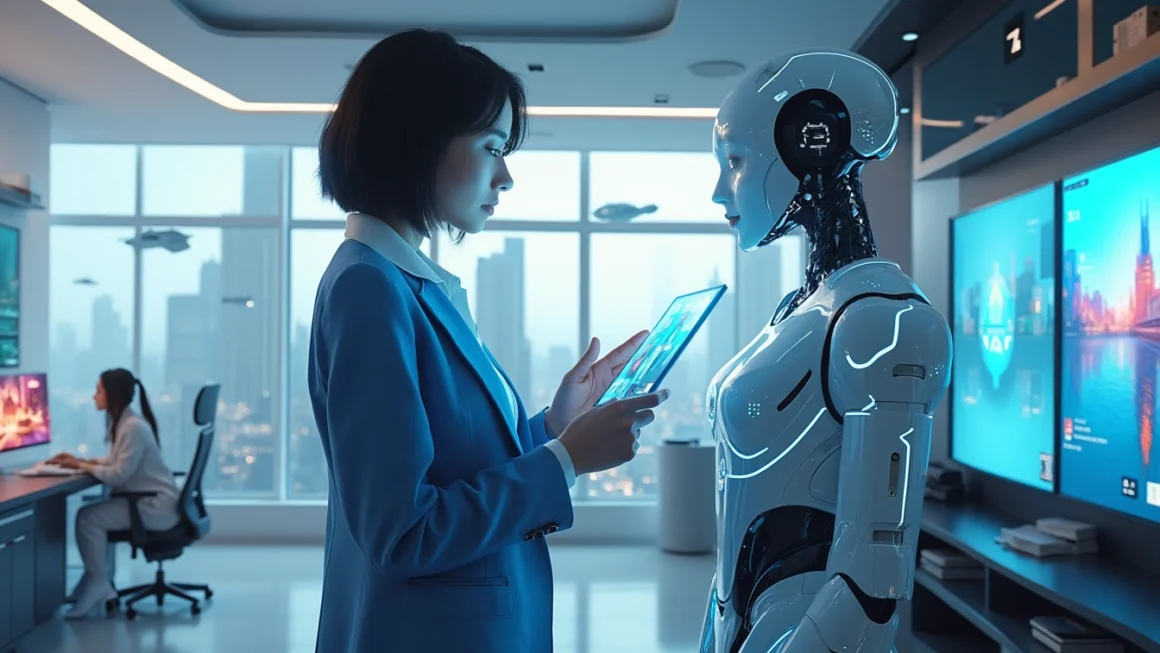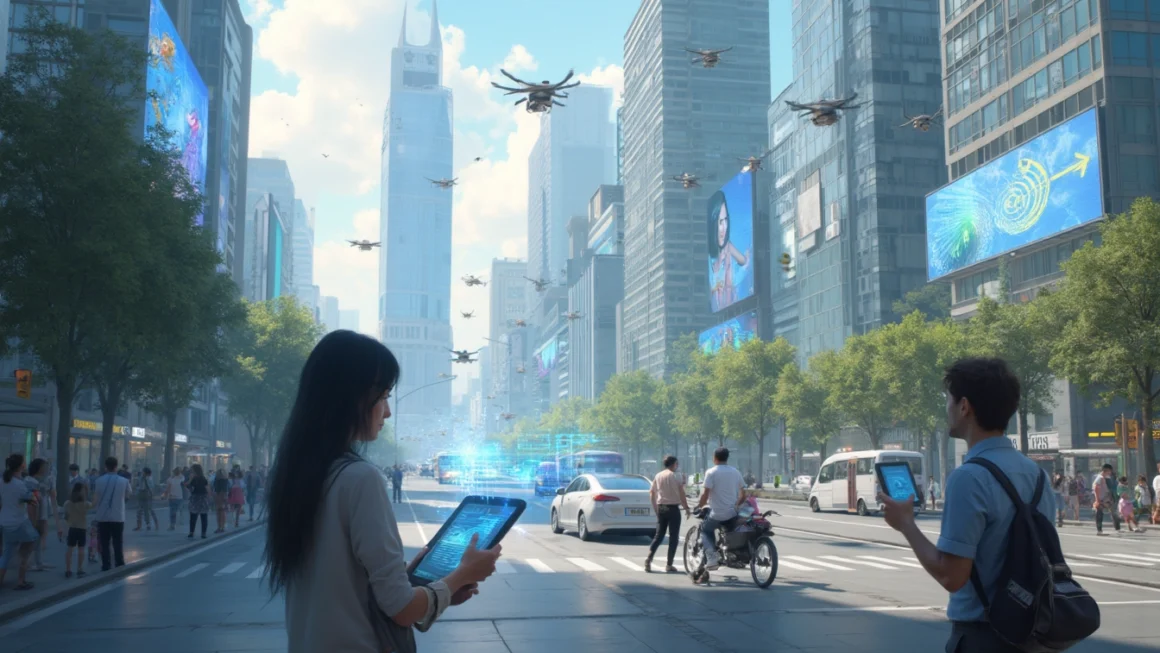Understanding the Impact of AI on Modern Workplaces
Table of Contents
Artificial Intelligence (AI) has swiftly transitioned from a futuristic concept to a vital component in modern workplaces. Across various sectors, AI is transforming how operations are conducted, leading to increased efficiency and innovation. But what does this mean for the average worker, and how are industries adapting to these changes?
The Revolution of AI in the Workplace
Enhancing Productivity and Efficiency
AI technologies are designed to handle repetitive tasks with precision and speed, allowing human employees to focus on more complex and creative tasks. From automating customer service through chatbots to streamlining supply chains with predictive analytics, AI enhances productivity at every level.
Transforming Job Roles
As AI takes over routine tasks, job roles are evolving. Employees are now required to adapt by enhancing their skills, focusing on areas where human judgment and creativity are irreplaceable. This evolution necessitates ongoing learning and flexibility, making upskilling a critical factor in career advancement.
Challenges and Considerations
Workforce Displacement Fears
While AI brings numerous benefits, it also raises concerns about job displacement. Workers in roles heavily reliant on manual processes might fear that AI will render their jobs obsolete. However, experts suggest that AI will create new jobs, demanding new skill sets rather than eliminating them.
Ethical and Security Concerns
With AI systems managing sensitive data and making decisions based on algorithms, ethical and security concerns inevitably arise. Companies must prioritize data privacy and ensure their AI systems operate without bias, maintaining trust with their stakeholders.
Adapting to AI Innovations
Embracing Continuous Learning
To thrive in an AI-enhanced workplace, continuous learning is imperative. Workers should seek opportunities to learn new technologies and methodologies, which not only ensures career resiliency but also enhances their value to employers.
Leveraging Automation for Innovation
Businesses should harness automation to drive innovation, exploring how AI can be used to create novel products and services. This not only keeps businesses competitive but also opens new markets and opportunities for growth.
Moreover, employing AI for process automation frees up resources, enabling teams to engage in strategic thinking and creative problem-solving, which are critical for long-term success.
Conclusion
AI is dramatically reshaping the landscape of modern workplaces. While there are challenges, the potential for growth and efficiency is vast. As industries continue to embrace AI, workers and employers alike must be agile, continuously adapting to new tools and strategies.
For those interested in automating tasks seamlessly, consider exploring tools and platforms designed to make automation accessible. If you’re looking for a way to streamline your operations, check out this automation website.
Engage with these trends, and the future of work will undoubtedly be bright, innovative, and inclusive.




